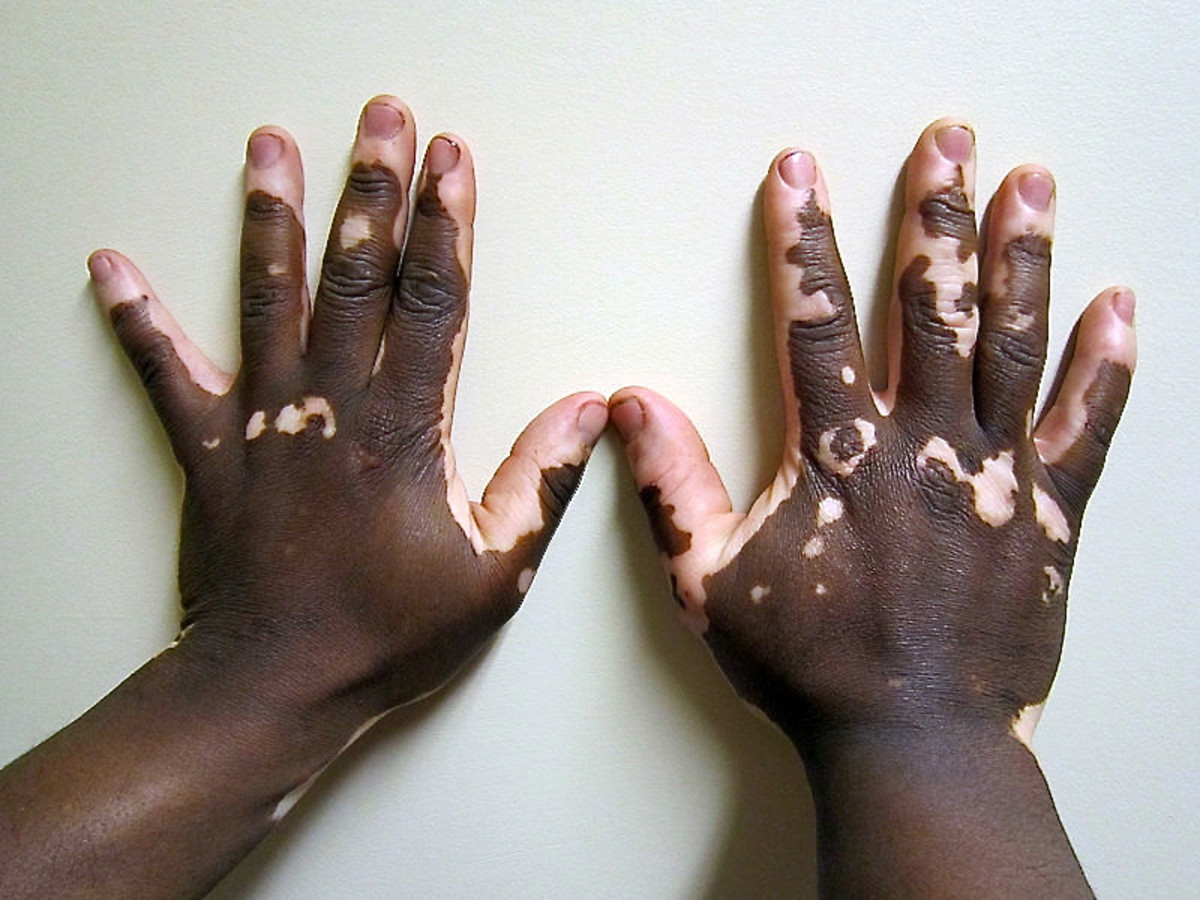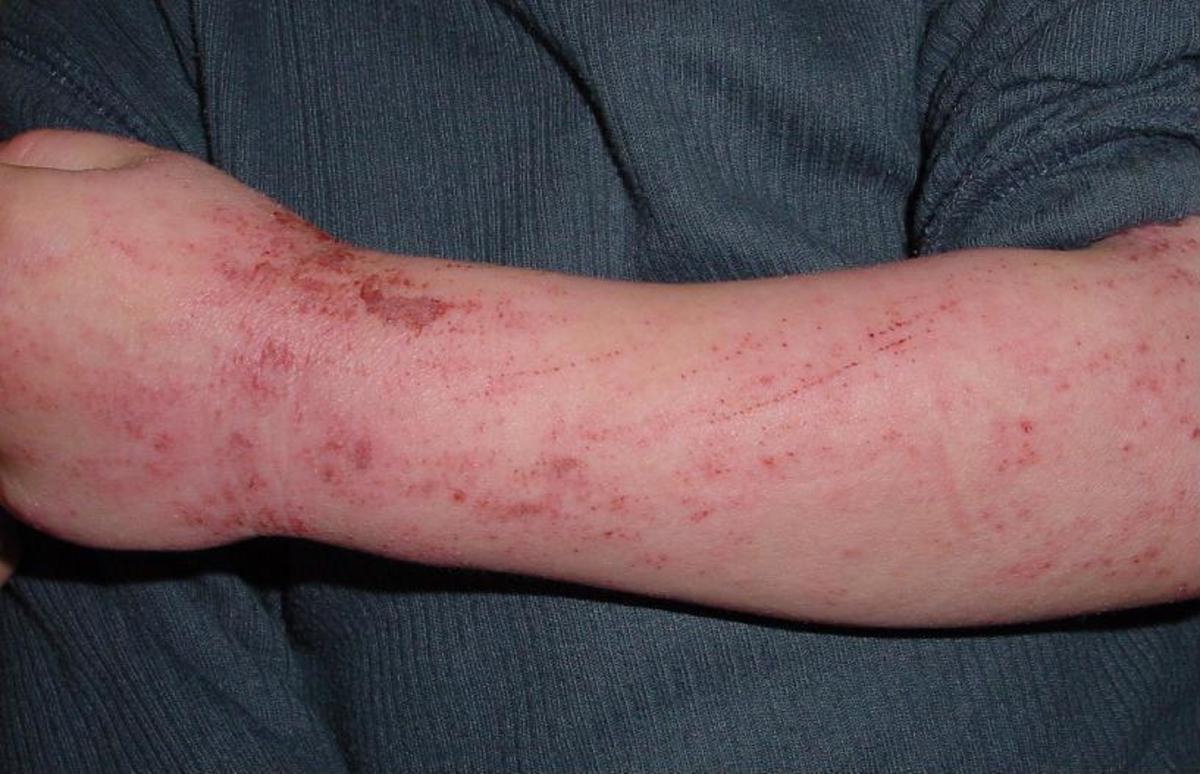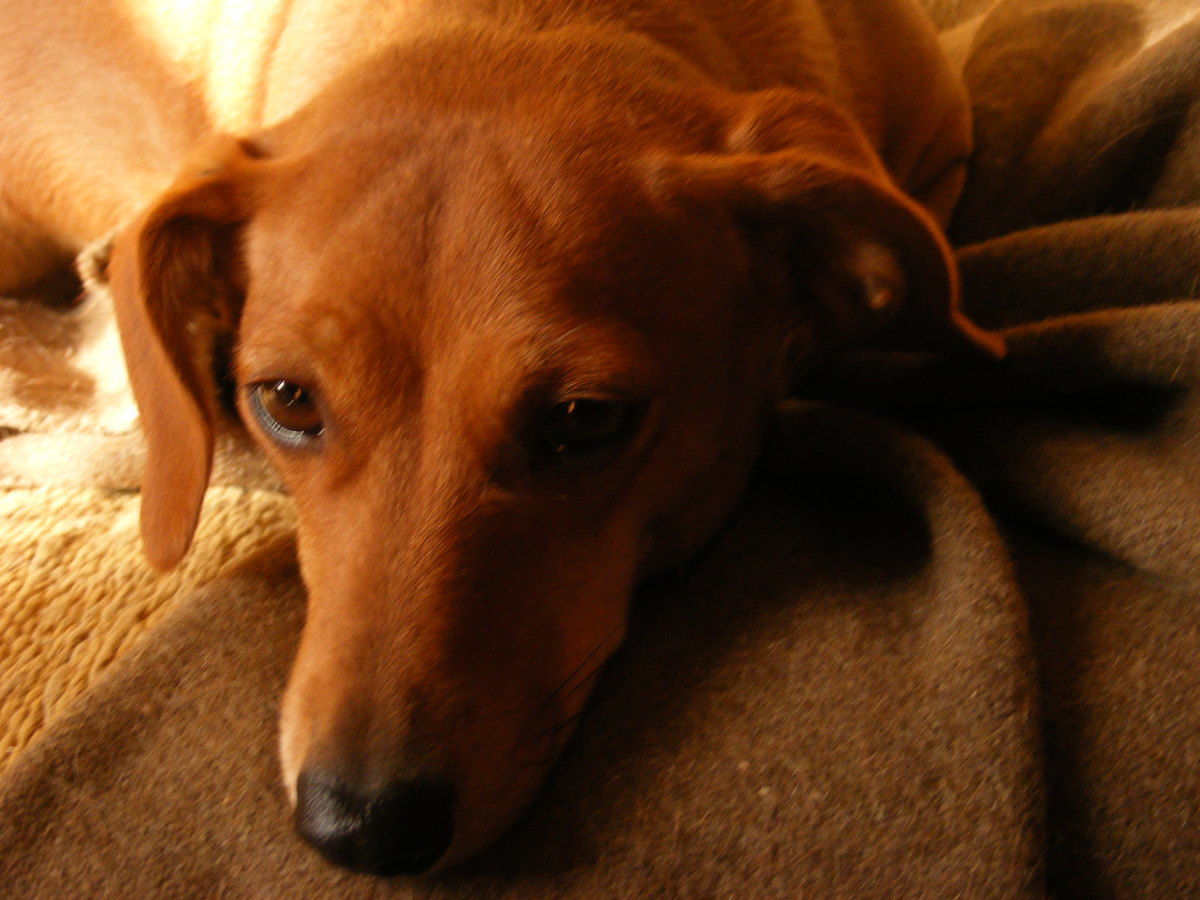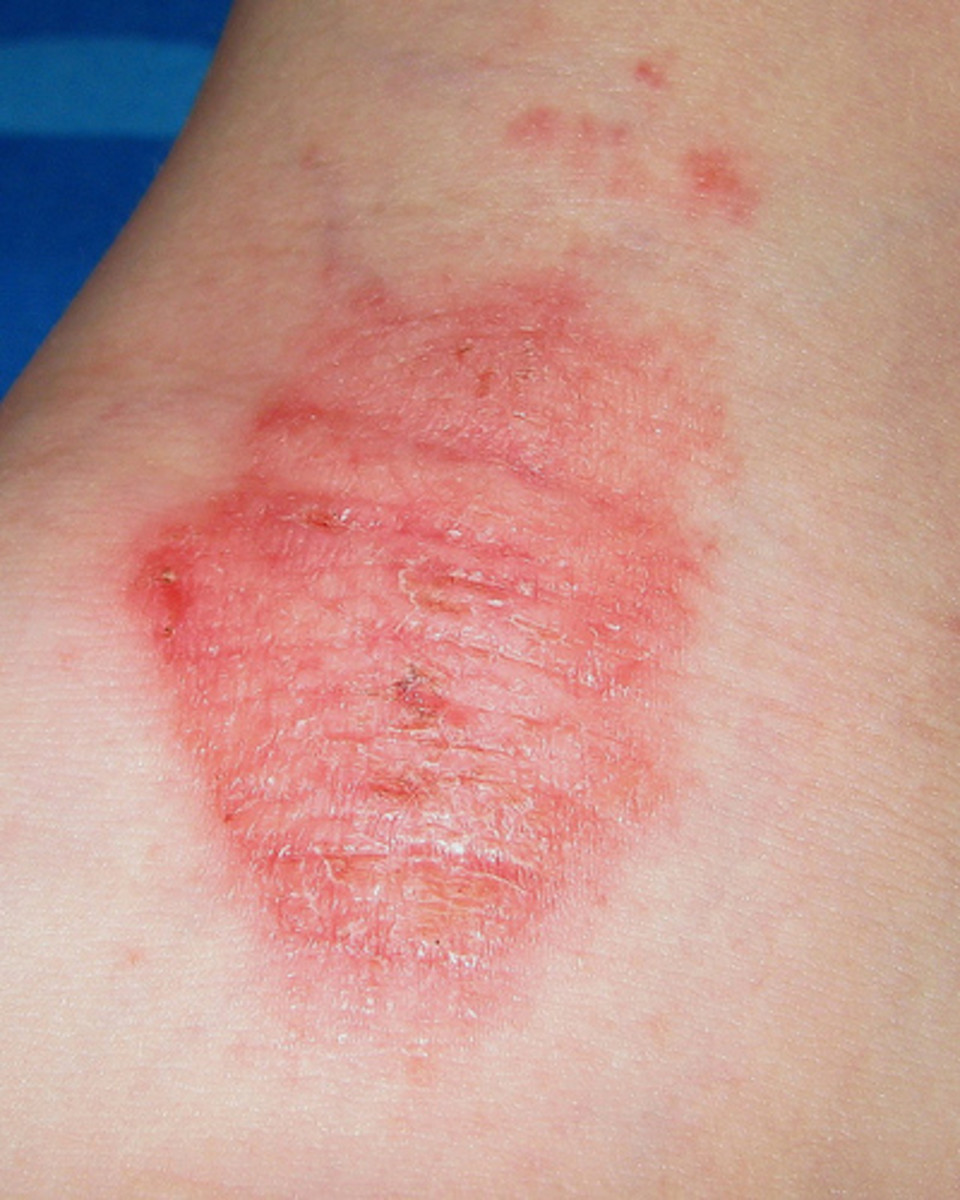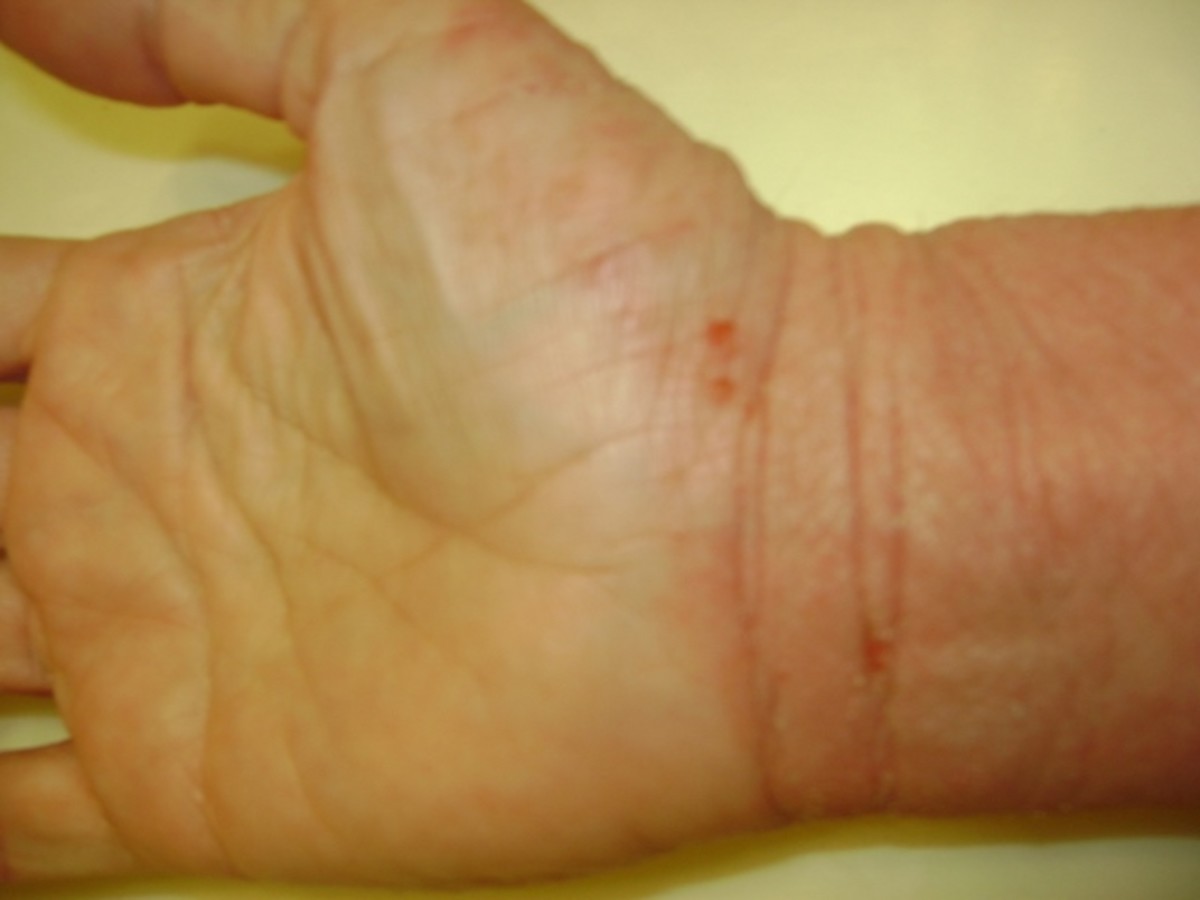Reasons why People Experience Itchy Scalp and some Available treatments
Reasons for itchy scalp

Causes of itchy scalp
Let’s be honest, any condition or disease that creates a scratchy sensation on any part of the body is annoying. For some, a scratchy sensation in certain parts of the body is a bittersweet feeling, almost like some kind of sweet pain. But as far as the head, and for that matter, the scalp, is concerned, it can be painful when people experience itchy scalp causing them to scratch the top of their head all day.
I mean, nothing is more embarrassing than scratching your head in the office, at conference meetings, at a counseling session, and even on a date. Aha… and that last one, scratching on a date, can have severe romantic repercussions.
Anyway, in this post, I’m happy to share some of the reasons why people experience itchy scalp with you. Furthermore, I’ll explore possible treatments of the condition with you. Without wasting much time, let us delve into the topic for discussion as we look at some of the causes of itchy scalp below:
Dandruff
I’ll start with the first and most common cause of itchy scalp, Dandruff. Dandruff, known in medical parlance as Pityriasis simplex capillitii, refers to a condition of the scalp when the skin peels off, and becomes flaky and sore. The flakes are white in color, and become visible when they mix up with the hair on the scalp or fall onto the shoulders, on your clothes.
While we do not have an established cause of dandruff, we do know that a fungus named Malassezia may play a role in causing it. It’s been observed that while it’s normal to have Malassezia on your scalp, too much of it leads to itchy scalp.
Moreover other factors such as: dry skin; yeast; not brushing or combing the hair regularly; illnesses such as Parkinson’s disease; and mental stress have been observed to contribute to dandruff. In any case, when there’s dandruff on the scalp, the skin in that area begins to itch. Therefore, the reason why people experience itchy scalp could be a symptom of an underlying condition, Dandruff.
Scalp Psoriasis
Another cause of itchy scalp is Scalp Psoriasis. Scalp Psoriasis refers to a condition where the scalp becomes raised, scaly and patchy. While Scalp Psoriasis is similar to dandruff in terms of the sore-like and flaky disposition of the scalp, it actually is not dandruff.
In the case of scalp Psoriasis, the causal factor is an autoimmune response from the body. Perhaps you may know that as part of its defense mechanism, the body produces antibodies that attack and fight off disease-causing organisms.
Sometimes, however, the body is “tricked” into thinking that a natural part of it (a tissue, for example) is a foreign body, and so it attacks it. This is what happens when one has Psoriasis; the body is “tricked” into producing a lot of skin cells, which makes it look like you are shedding some skin in the scalp area. An itchy scalp can, therefore, be a symptom of scalp Psoriasis.
Eczema
Eczema, a condition that affects over thirty million (30m) Americans, is another reason why people experience itchy scalp. Eczema, whose name comes from the Greek word “Ekzein”, meaning, to boil out, is a condition when the skin becomes red, flaky and rashly.
In medicine, Eczema is known as atopic dermatitis, and it used to describe all conditions of skin rash and inflammation that is caused by your own body. Eczema can occur when: your skin comes into contact with anything that it’s allergic to; when your skin reacts to a substance that it considers foreign; or, when your parent or relative has a history of it or other autoimmune diseases, making your exposure more hereditary than anything else.
Considering that you tend to itch on that part of your skin that has Eczema, if your scalp suffers it, you are likely to itch there too. Therefore itchy scalp can be a symptom of Eczema.
Ring worm causes itchy scalp
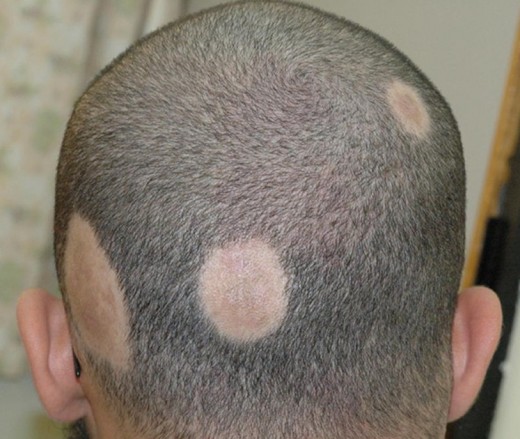
Tinea Capitis (Ring worm)
Another culprit to investigate is Tinea Capitis. Tinea Capitis, also known as ringworm, is a fungal infection of the skin around the scalp area. Unlike other causal factors of itchy scalp, ringworm penetrates deeply into the area on the head where hair grows from, the follicles.
Ringworm’s operation in the hair follicles means that anyone with the condition will lose hair in the affected area. It is not surprising that most people with such fungal infection on the scalp have round whitish patches of lost hair on their head. The patches may increase in size, if the condition is not treated. In addition to the hair loss, you may experience itchiness in the scalp area.
Treatments of itchy scalp
Considering that most of the causes of itchy scalp don’t have a specific causative factor, it’s difficult to select one particular drug as a panacea for all causes. Instead, one has to examine the causative factor and determine substances that relieve them.
Therefore, itchy scalp that is caused by dandruff and eczema can be resolved by: shampooing the hair regularly with a mild formula; and applying medicated creams and lotions to the scalp for relieve.
If your itchy scalp is caused by ringworm, you want to consider antifungal creams but also oral antifungal pills, seeing as the ringworm extends deep into the hair follicles. You may have noticed that I’m all the more hesitant to prescribe any medicines. That’s because I think it’s better if the doctor does so.


